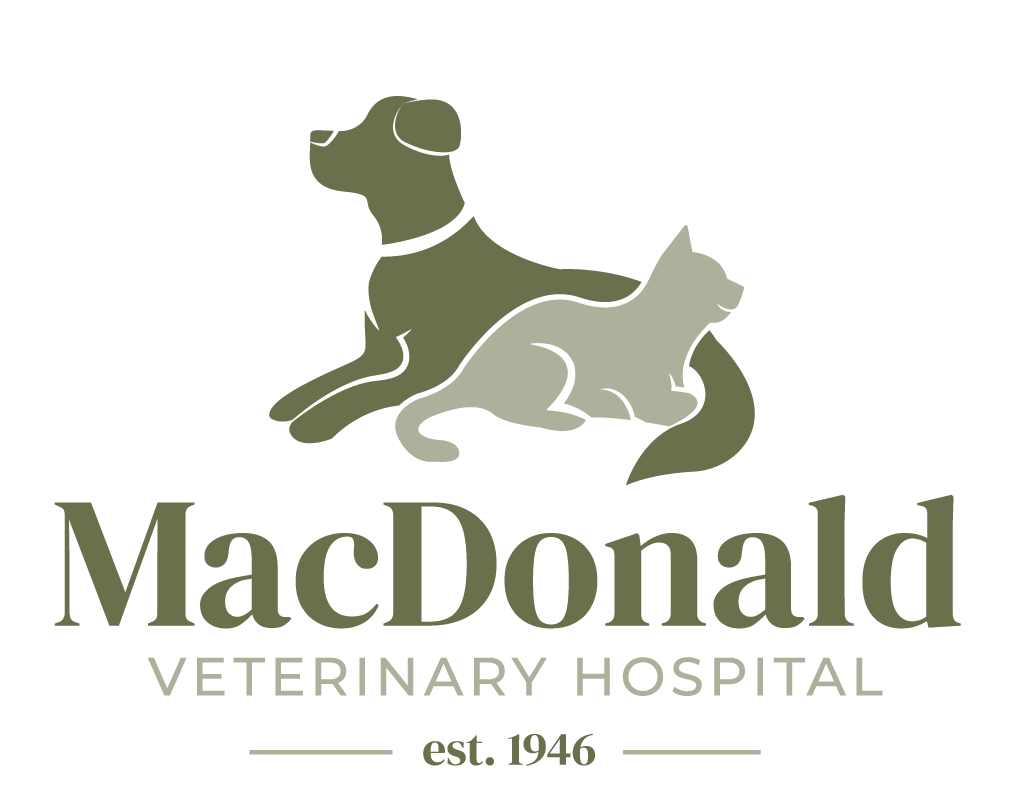Library
-
Gentamicin + betamethasone ophthalmic is a steroid anti-inflammatory eye medication with antibiotic used for the treatment of external eye infections and inflammation of the eye in dogs. It is also sometimes used to manage pannus or pigmentary keratitis in dogs. It may be used off-label in cats and horses.
-
Glucosamine/chondroitin combination is a nutrient supplement that is given by mouth and is used to treat osteoarthritis and feline lower urinary tract disease. Give as directed by your veterinarian. Side effects are uncommon but may include gastrointestinal upset. Do no use in pets that are allergic to it. If a negative reaction occurs, please call your veterinary office.
-
Griseofulvin is given by mouth and is used on and off label to treat skin, hair, and nail fungal infections. Give as directed by your veterinarian. Common side effects include lack of appetite, vomiting, and diarrhea. Do not use in pets that are allergic to it, pregnant pets, breeding males, pets that have severe liver disease, or in cats with FIV or FeLV. If a negative reaction occurs, please call your veterinary office.
-
Hydrocortisone otic is a steroid medication used to treat topical inflammation of the ears in pets. It is often combined with antibiotics and comes as a liquid solution applied within the ear canal.
-
Hydroxyzine (brand names: Atarax®, Vistaril®, Masmoran®, Multipax®) is an antihistamine used off label in cats, dogs, horses, and birds to treat allergic and itchy conditions. It can also be used as a sedative/tranquilizer. Hydroxyzine is given by mouth in the form of a tablet, liquid solution, or capsule. It may also be given as an injection in the hospital.
-
Hypochlorous acid (HOCl) topical is used for the management of skin conditions such as wounds, abscesses, cuts, abrasions, skin irritations, ulcers, post-surgical incision sites, and burns. It may be used to prevent or treat bacterial skin infections, including methicillin-resistant staphylococcus aureus (MRSA). Hypochlorous acid also has antifungal and antiviral properties and is reported to reduce inflammation, pain, and itching.
-
Idoxuridine (brand names Dendrid®, Herplex®, Stoxil®) is an antiviral topical medication used to treat viral infections of the eye, such as feline herpesvirus-1 (FHV-1) in cats. It may also be useful for treating canine herpesvirus-1 in dogs and equine herpesvirus-2 in horses. Pregnant women should NOT handle this medication.
-
Imidocarb dipropionate is an injectable medication that is administered by a veterinarian to treat babesiosis in dogs. It is also used off-label to treat other protozoal infections in dogs, cats, and horses. Most common side effects include mild drooling, tearing, vomiting, or nasal drip. Do not use in pets with exposure to cholinesterase-inhibiting drugs, pesticides, or chemicals. If a negative reaction occurs, please call your veterinary office.
-
Imipramine is given by mouth or injection and is used off label to treat behavior disorders, sudden loss of muscle tone, urinary incontinence, cancer pain, and other conditions. Give as directed by your veterinarian. Common side effects include sleepiness, dry mouth, and constipation. Do not use in pets that are allergic to it or other tricyclic antidepressants, pets currently using MAOIs, or pets that are pregnant or nursing. If a negative reaction occurs, please call your veterinary office.
-
Insulin glargine is an injectable medication used in cats, dogs, ferrets, guinea pigs, and horses with diabetes mellitus. It is used to lower blood sugar levels and for long-term maintenance therapy of diabetes mellitus. Monitor closely for signs of low blood sugar (weakness, lack of energy, lethargy, stumbling or difficulty walking, behavior changes, muscle twitching, seizures, and/or unresponsive).

